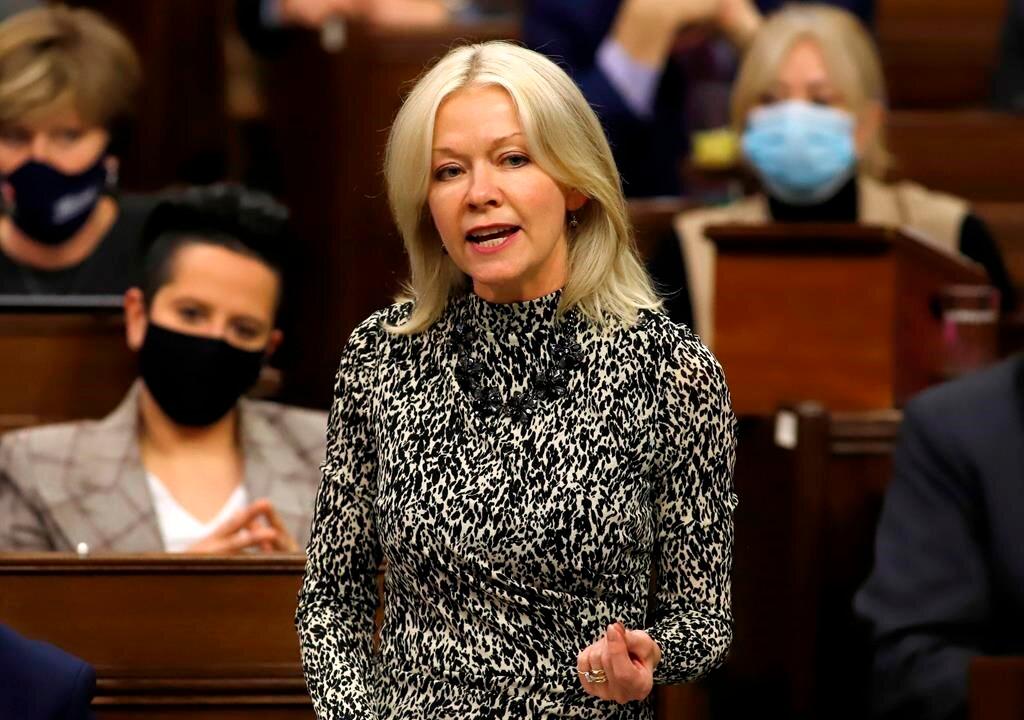With the recent agreement from the NDP to keep the Liberal minority government in power until 2025, the Conservatives say today’s budget will be influenced by Canada’s most left-wing party in the House of Commons.
“What we fear is that today’s NDP-Liberal budget will be neither reasonable nor responsible. The days of moderate Liberal budgets are over,” said Conservative interim leader Candice Bergen in a pre-budget press conference in Ottawa on April 7.





